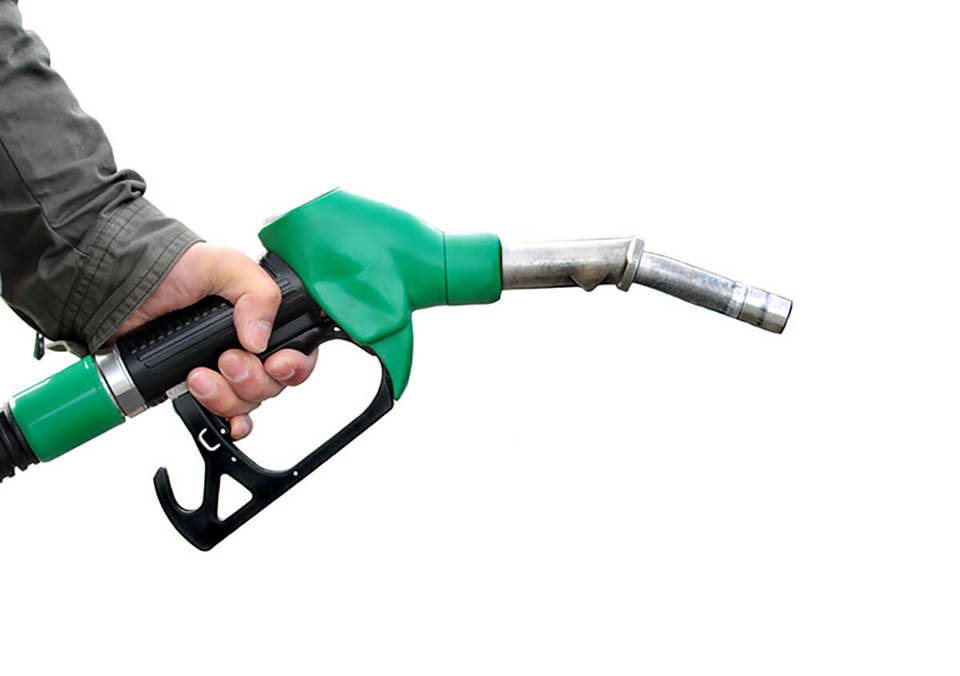Much of what we do in our daily routine and most of what we consume is touched in some way by transport.
Many of our businesses depend on it.
It means when the cost of fuel rises, ultimately there is a knock-on effect for consumers beyond what it costs them to refuel their vehicles.
When the cost of fuel rises, whether through increases in the price of crude oil, higher duty or a hike in tax, it all contributes to the rate of inflation.
Higher prices give people less spending power, which in turn could prolong the duration of the fragile recovery, or even risk sending the economy back into recession.
In September 2000, protests against the price of a litre of fuel reaching almost 85p per litre led to shortages at filling stations as oil refineries were blockaded.
Although we haven’t had protests on a similar scale since then, the cost of fuel at the pump is now more than 50% higher than in 2000.
It has exceeded the levels of pre-recession highs for diesel, and increase in VAT from 17.5% to 20% in January also had a significant impact on the price at the pumps.
The level of fuel duty imposed by the government continues to increase, and there is a further rise planned for April, although politics might yet come into play and it could be delayed until later in the year.
The price of oil has been rising steadily since western countries have begun too emerge from recession and demand has increased, while consumption was already high from countries such as India and China and continues to grow.
In spite of improvements in vehicle technology and efficiency we haven’t quite been able to keep up with the increase in the cost of fuel on the forecourts.
At the start of this week, Fleet News decided to support the Fair Fuel UK campaign.
We support its aim of lobbying the Government to abandon the proposed fuel duty rise in April which could add up to five pence per litre to the cost of fuel.
This is a measure that could bring some relief to the cost of running a fleet.
Fair Fuel UK is also calling for a fuel price stabiliser. Before last year’s general election, the Conservative Party manifesto stated that, if in government, it would investigate the feasibility of a fuel price stabiliser.
Under such a system, the price of fuel would be maintained at a set level. If oil prices were to increase, the rise would be absorbed by reducing the tax and duty take; while if oil prices fall, tax and duty would increase so the price at the pump would be the same.
We believe this would be a huge administrative headache, and we suspect the Government already realises this. However, the cost of fuel in the long term needs to be put on the agenda to allow fleets, the people who use it most, to keep control of costs. Their businesses need protecting from costs rising above inflation as they attempt to steer a safe course through the economic recovery.
Fair Fuel UK has succeeded in keeping the issue in full view of the politicians, and Fleet News is happy to lend its support to the campaign.
For full details and to register your details for the campaign go to http://www.fairfueluk.com/














Login to comment
Comments
No comments have been made yet.